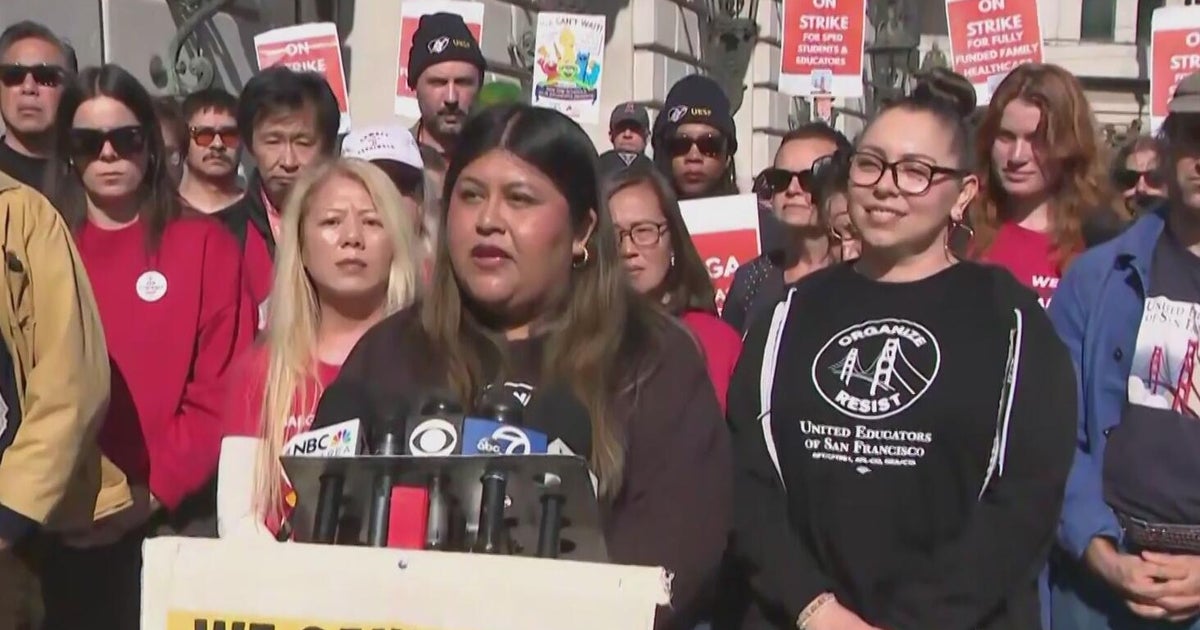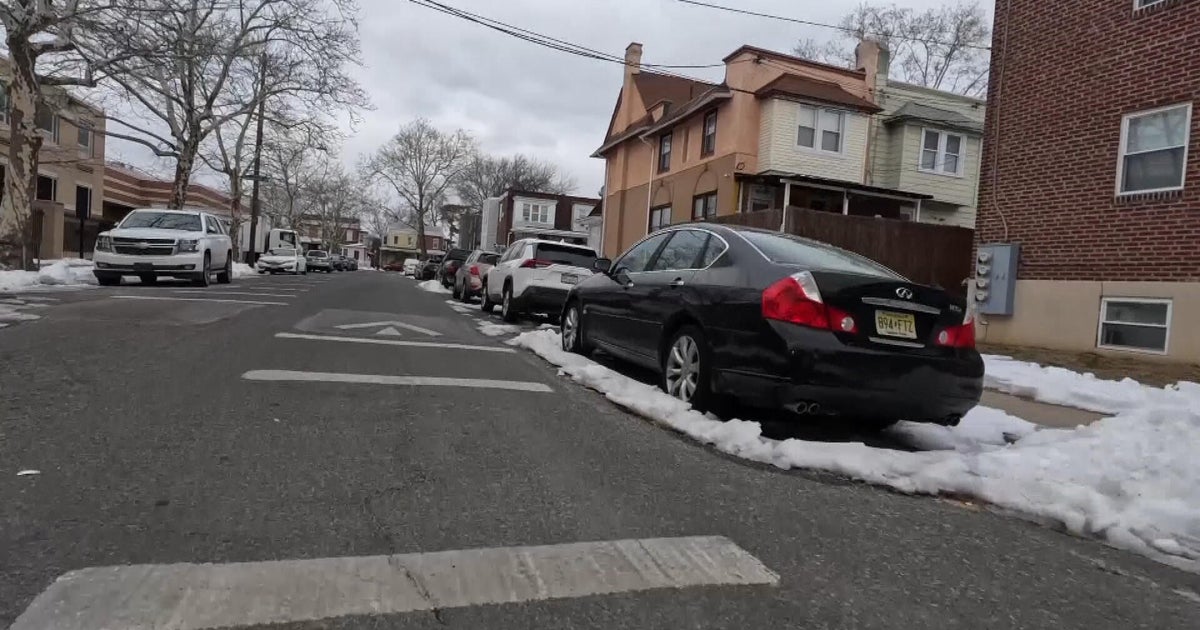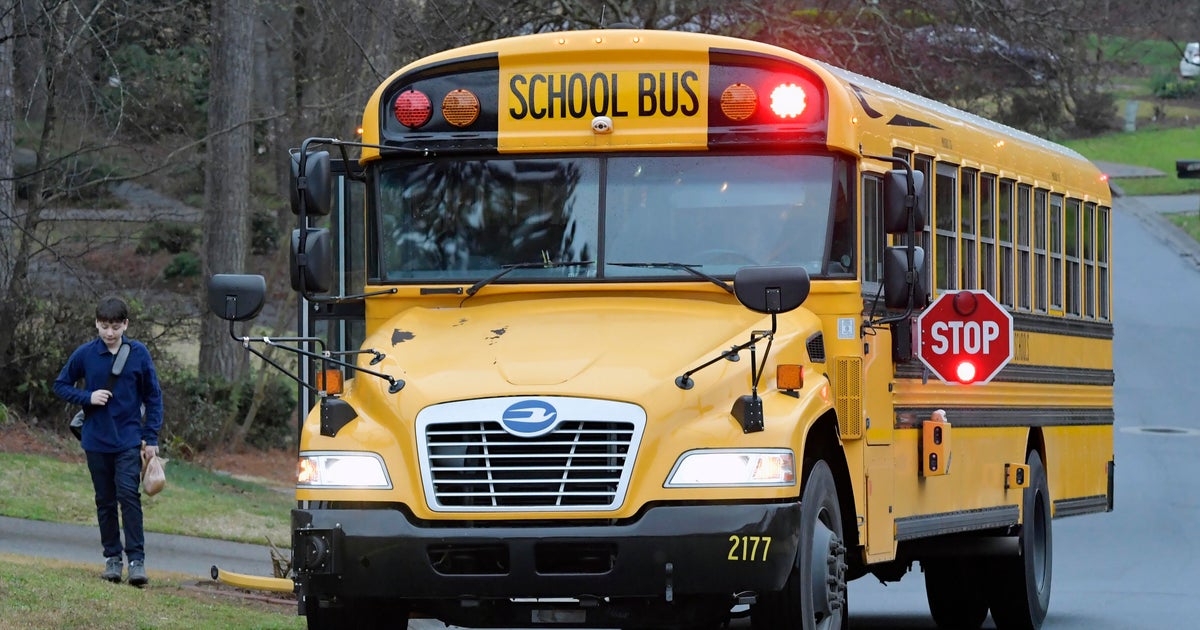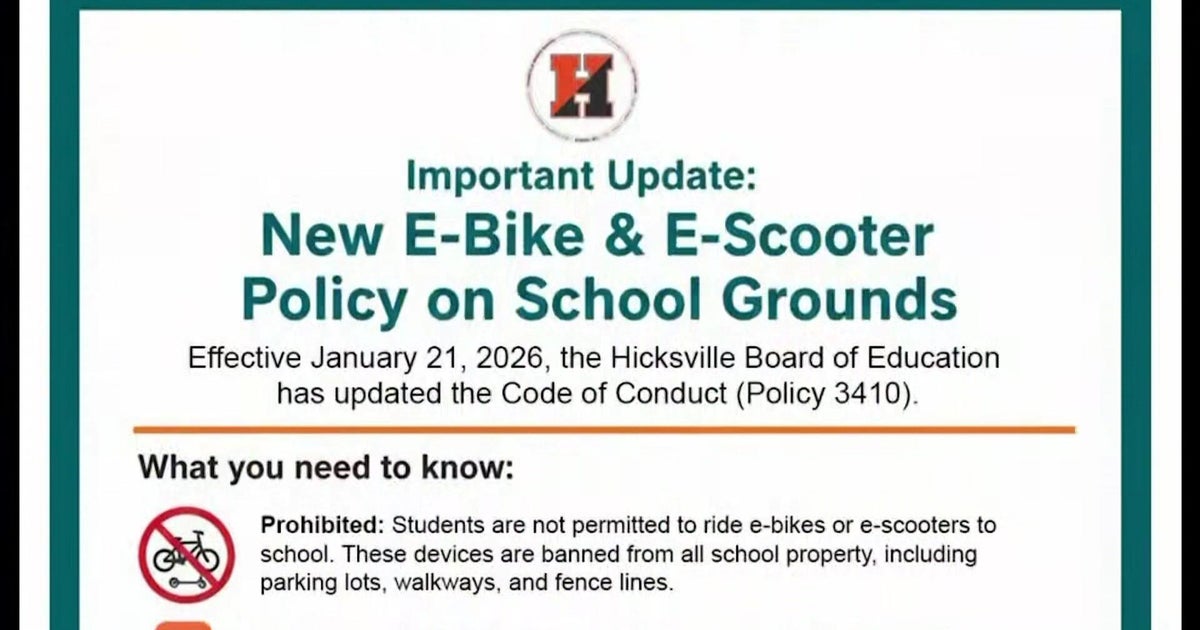More Than 12,500 Grades Changed From Failing To Passing At Baltimore High Schools Over Several-Year Span, Audit Finds
BALTIMORE (WJZ) -- Multiple Baltimore high schools changed more than 12,500 failing grades to passing over a several-year span, according to the findings of an audit released Tuesday by the Maryland Office of the Inspector General for Education.
The report was the product of a three-year review of grading procedures within Baltimore City Public Schools, which was launched in response to complaints about students being promoted despite poor academic performance and allegations that teachers were pressured to change grades.
Its findings were based on a combination of documents, including emails exchanged by district and school staff, and interviews with educators and administrators, some of whom the auditors' say were reluctant to speak out of fear that it could cost them their jobs.
"A culture of fear and a veil of secrecy affected the BCPS system and kept many from speaking freely about misconduct," the report states. "Regrettably, these actions delayed the completion of this investigation and hindered the truth-seeking process."
The audit, which covered the school years from 2016 through 2020, found that Patterson High School had the highest number of changed grades (1,390), followed by Mergenthaler Vocational Technical High School (780) and Digital Harbor High (592).
In the case of Patterson High, staff told auditors that district administrators advised them "that no student should have a final numerical grade of a 58 or 59," and that they were instructed to change those grades to a 60%, or a D-. As one BCPS manager put it, a student "should not be one point away" from passing, saying it was "common sense" to change grades for deserving students.
During the audit, the Inspector General's Office reviewed emails, including one dated Feb. 18, 2018, that was sent to administrators. It reads: "Attached is a spreadsheet of the students that received a final grade of 58 and 59 by cohort. Infinite Campus does not automatically round these grades to a 60. In order to do so, please complete and sign the grade change form."
Auditors determined that 34 of 57 students listed in the spreadsheet received grade changes that lifted their grades from failing to passing, the report states.
During an interview with the Inspector General's Office, Patterson's principal maintained that grades 59 or lower were failing and those 60 and higher were passing. He denied knowing about any policy, written or unwritten, requiring that borderline scores be changed. "The only way changes are changed is through teacher permission," he told auditors.
The audit recommends the Baltimore City School Board of Commissioners request the Maryland State Board of Education and State Superintendent Mohammed Choudhury conduct an audit of the school system's "efficiency and effectiveness" in handling grades.
In a statement released Wednesday, the school system called the report "perplexing" and said the grade-changing incidents "occurred more than 3 years ago, before many of our current seniors entered high school."
Data and documents were shared by the district and hours of interviews were conducted as part of the investigation, the school system said.
Baltimore City Public Schools CEO Dr. Sonja Santelises has already conducted an "extensive overhaul" of the school system's grading policy "to ensure that our grading is fair, equitable, and accurately reflects our students' achievements," according to the statement. The revisions were accepted by the board in 2019.
"Over 20 pages of the report, the OIGE notes the challenges of implementing changes to our policy, but it did not find a violation of the law or financial improprieties," the district said. "The incidents cited largely occurred before the policy change in 2019 and did not illustrate systemwide pressure to change grades."
In an interview with investigators, Santelises said she was unaware of pressure placed on school principals to change grades.
After returning to the school system in 2016, Santelises, who served as Chief Academic Officer from 2010 to 2013, said she launched a "full reset" of the system's grading policy. Changing grades would not help principals as much as people think, since North Avenue uses multiple data points to measure a school's success, she said.
She also said changing grades shortchanges a student's education.
Chief Academic Officer Dr. Joan Dabrowski said in an interview the lowest grade a BCPS student can receive is 50%. She doesn't believe there is an issue with rounding a grade up from a 59.5% to 60%.
"A 59.5 feels different than a 58," she told investigators. "And again, I think the rounding up at that level it would not seem appropriate to round up to a 60; that feels different."
Wide-scale changes of grades are inappropriate, according to Dabrowski. She denied any knowledge of supervisors pressuring personnel to make changes.
Chief of Schools John Davis said there were legitimate reasons for changing grades, such as a student making up a test or homework, or otherwise demonstrating knowledge of the material.
When shown data of the 711 changes at Patterson High School during the 2016-17 school year, Davis said it represented a "pretty small percentage" of overall grades, estimating there were 1,500 students each taking eight classes with six marking periods.
He said he was never made aware of any issues at Patterson.
He also said students with a failing grade just below the 60% threshold have extra incentive to get the extra points needed to pass.
In its statement, Baltimore City Public Schools said it welcomes an external review of grade changes made during the 2022-23 school year.
"This will be the first school year after the main thrust of the pandemic, offering current data in a near-normal school environment," the district said.







